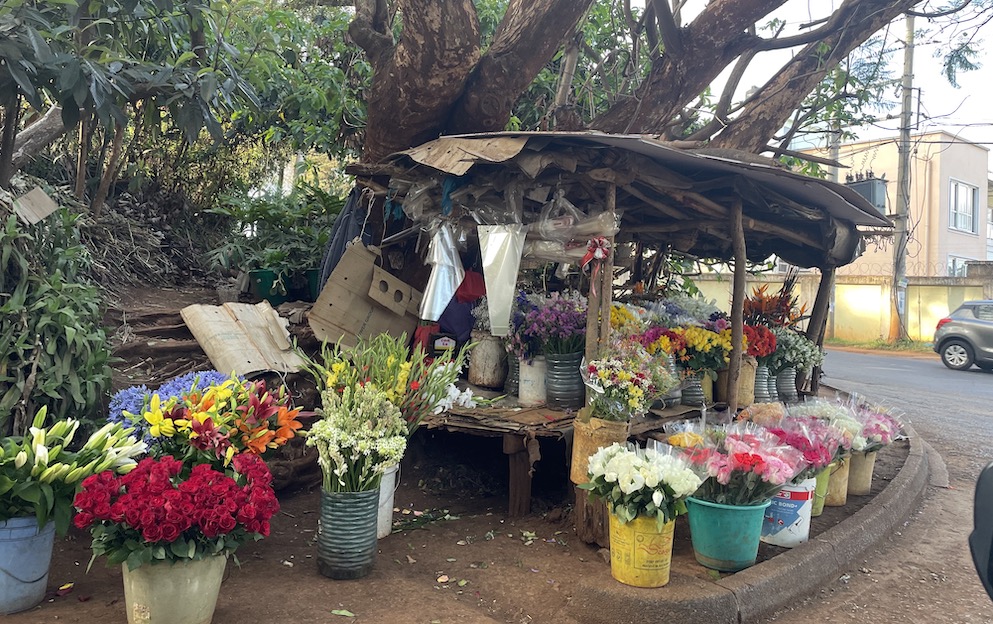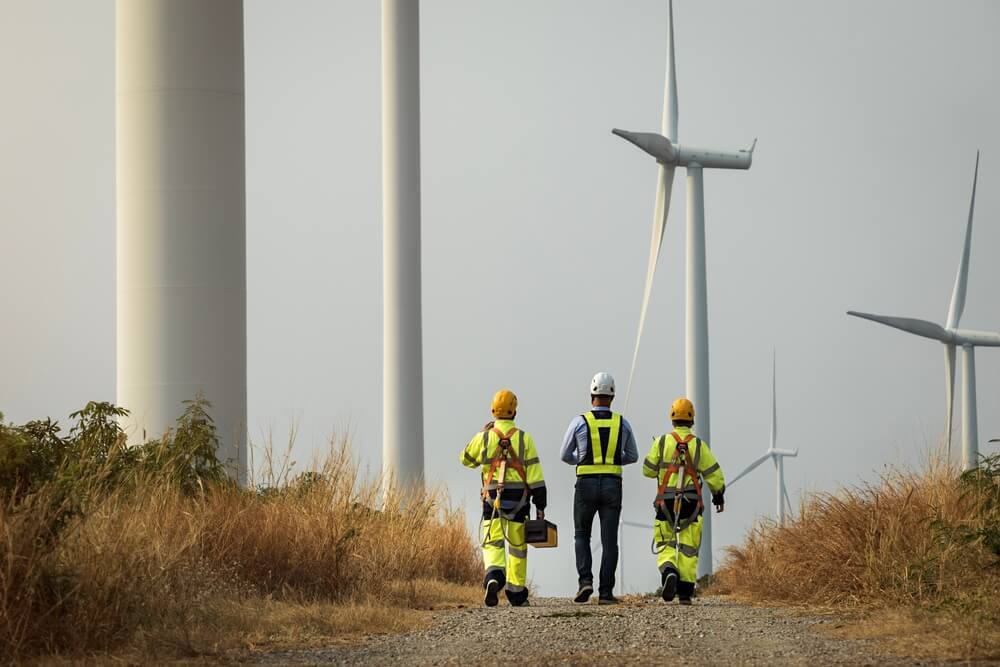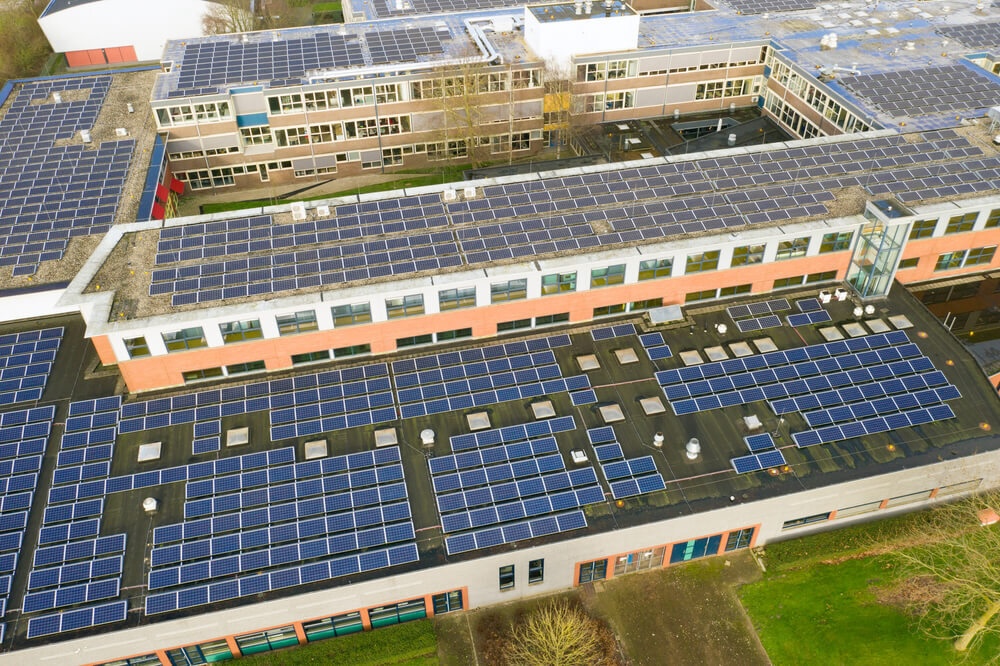Greetings, Agents of Impact!
🌍 Live from Nairobi: Financing growing businesses. Learn how Agents of Impact are developing new ways to finance small and medium-sized businesses in emerging markets on Call No. 34, Tuesday, Nov. 16 at 8am PT / 11am ET / 7pm Nairobi. RSVP today.
- Background reading. See, “Investments in agtech, fintech and climate tech can speed Kenya’s COVID recovery,” in Signals, below.
Featured: Climate Finance
Finance to the fore as catalytic climate capital rallies COP26. Pledges and pessimism gave way to concrete capital commitments at the COP26 global climate summit. More than 90 countries agreed to cut methane emissions by 30% by 2030 (see, “The sky-high value of cutting methane emissions is attracting policymakers – and investors”). An accord to halt and reverse deforestation by 2030 drew backing from 100 nations and dozens of corporations and financial firms, as well as nearly $20 billion in government and private funding. “This is by far the largest historic commitment for the protection of the world’s forests that we’ve seen,” Eron Bloomgarden of the nonprofit intermediary Emergent told ImpactAlpha from Glasgow. Emergent is coordinating the LEAF Coalition, which has mobilized $1 billion from governments and corporations to pay countries for verified deforestation progress through legally-binding emissions reduction purchase agreements, or ERPAs (see, “Using catalytic capital to fill climate finance gaps from the bottom up”).
Such advance purchases, or offtake agreements, by corporations are emerging as an essential tool in catalyzing decarbonization efforts. The First Movers Coalition, led by the U.S., is lining up corporations to commit to buying low-carbon products to decarbonize their industrial supply chains. The Rockefeller and Ikea foundations and the Bezos Earth Fund launched the Global Energy Alliance for People and Planet with $1.5 billion to accelerate access to clean energy for one billion energy-poor people around the world. And BlackRock closed on $673 million for its Climate Finance Partnership to accelerate low-carbon infrastructure in developing markets (see, “Blending philanthropic, public and private capital to finance climate infrastructure in emerging economies”). “We could have raised a lot more,” BlackRock’s Larry Fink said. “This is a great example of what public capital can do in leveraging much more.”
Keep reading, “Finance to the fore as catalytic climate capital rallies COP26,” by Amy Cortese on ImpactAlpha. Catch up with all of our climate-finance coverage.
Dealflow: Affordable Housing
Lincoln Avenue Capital acquires majority stake in Housing Partnership Equity Trust. The Los Angeles-based affordable housing developer secured most of the common equity in HPET, a real estate investment trust that works with nonprofit developers to preserve unsubsidized ‘naturally occurring affordable housing,’ or NOAH. Washington, D.C.-based HPET has provided more than a dozen affordable housing and community development nonprofits with badly needed equity capital to purchase and preserve approximately 3,300 units in gentrifying neighborhoods. Lincoln Avenue committed to provide up to $200 million per year for projects with HPET’s partners, which will retain a 7.5% ownership stake in the fund. “The opportunity is to acquire and preserve more housing in high-cost, high-demand communities all over the country with immediate capital from Lincoln Avenue,” HPET’s Anne McCulloch told ImpactAlpha.
- Catalytic capital. HPET launched in 2013 with $100 million from Citi, Morgan Stanley, Prudential Financial and the Ford and MacArthur foundations. A $12.5 million liquidity facility from MacArthur in 2016 helped bring in an additional $50 million from Citi, Schwab and Morgan Stanley. HPET has made few investments since exhausting its capital two years ago, McCulloch said.
- Dive in.
Catalyst Fund backs four Ghanaian digital commerce startups. The inclusive fintech accelerator secured $4.3 million last year to help Ghana’s micro and small businesses adopt digital services. It’s second cohort includes OZE, a fintech mobile app helping small businesses access credit online; Shopa, an online marketplace for informal retailers to restock on products; Swoove, an affordable delivery app for small businesses; and Tendo, a mobile app that allows users to sell products using Whatsapp. Each startup will receive grants of up to $120,000 and access to Catalyst Fund’s network of investors and corporate partners.
- Enterprise tech. COVID has accelerated the digitization of small businesses worldwide. “B-to-small B” enterprise tech ventures, such as Boost and KudiGo in Ghana, are using digital data to expand credit and financial services to small businesses (for context, see “New channel of capital for small businesses worldwide: enterprise tech startups”).
- Share this post.
ReGen Ventures raises $20 million for regenerative climate solutions. The Australian early-stage venture firm, launched early last year, is looking for regenerative ventures aiming to reverse the impact of climate change. Companies taking a regenerative approach go “beyond sustainability to actively reverse accumulated negative effects,” ReGen’s Dan Fitzgerald wrote on Medium. “Regeneration restores, heals and contributes additional value to ecosystems.” ReGen’s first fund, which is targeting $50 million, received commitments from family offices and high-net-worth investors in the U.S. and Australia.
- Climate finance. ReGen is targeting companies in food, regenerative products and materials, and carbon. It will write checks of up to $3 million in at least 20 companies, Fitzgerald told ImpactAlpha. Its portfolio includes Hide Biotech, which produces sustainable leather alternatives, and Seqana, an AI-based satellite monitoring system for measuring soil carbon.
- Check it out.
Dealflow overflow: Other investment news crossing our desks:
- Kebony secures €30 million ($34.7 million), led by Lightrock and Jolt Capital, to deploy sustainable wood for the construction industry.
- Oakland-based Pacific Community Ventures provides $112,500 in grants to 37 small businesses that retained employees during COVID.
- Singapore’s TurtleTree raises $30 million for cell-based breast milk. Last week, lab-grown breast milk maker BIOMILQ raised $21 million.
- Textile waste recycling venture Evrnu’s scores $15 million in a Series B round led by FullCycle Climate Partners.
Signals: Ahead of the Curve
Investments in agtech, fintech and climate tech can speed Kenya’s COVID recovery. Daily life is gradually returning to normal in Kenya 19 months into the pandemic. But small businesses and jobs are not, after more than one million of Kenya’s 52 million people lost their livelihoods, ImpactAlpha’s Jessica Pothering reports from Nairobi. Tech investments to support the resilience and growth of Kenya’s farmers, informal businesses and gig workers are key to a sustainable recovery, argue Kenya Markets Trust, Msingi and Gatsby Africa in “Horizon Kenya,” which identified startups that highlight “the potential of digital innovations to accelerate job creation and raise agricultural incomes.” Apollo Agriculture is using remote sensing and mobile phones to deliver inputs, advice and finance to smallholder farmers. BitPesa is facilitating low-cost cross-border payments. Lynk is boosting tradespeople’s power to negotiate better wages.
- Essential agtech. The informal economy accounted for more than 83% of jobs in Kenya even before the pandemic; two-thirds of the workforce depends on the agriculture sector. Safaricom off-shoot DigiFarm is enabling access to finance, inputs and farm insights for smallholder farmers. Farmers Pride connects farmers with reputable agricultural suppliers. iProcure is providing last-mile distribution services from farm to consumer. Companies like Twiga Foods are proving commercial viability for B2B agtech solutions by attracting support from corporates.
- Informal economy. In Nairobi, major arteries are packed with informal roadside businesses, selling everything from vegetables to garden plants, baskets to handmade furniture, Pothering reports. Ride-hailing apps, delivery services and telehealth are improving job quality and wages for Kenya’s gig workers. But such platforms touch only a sliver of Kenya’s informal workforce—about 37,000 workers generating $109 million annually. Offline gig workers account for $19.6 billion in annual economic contribution, Horizon Kenya finds. Rapid growth of enterprise tech startups, like B2B marketplace MarketForce and inventory logistics provider Sokowatch, are giving offline mom-and-pop retailers a digital upgrade and pathway to formal financial services (see, “New channel of capital for small businesses worldwide: enterprise tech startups“).
- Responsible fintech. Safaricom’s 13-year-old M-Pesa mobile money platform is ubiquitous in Kenya. “However, while mobile money is formalizing loan practices in Kenya, there is an emerging trend of individuals facing digital debt stress, illustrating the need for greater regulation of the market,” the report warns (see, “Investors called to account for fintech lending practices as debt-traps emerge“). Indeed, 65% of Kenyans risk defaulting on loans because of pandemic-related economic stress.
- Keep reading, “Investments in agtech, fintech and climate tech can speed Kenya’s COVID recovery,” by Jessica Pothering on ImpactAlpha.
Agents of Impact: Follow the Talent
ImpactAlpha partner events: Tune in today to Tideline’s discussion of J.P. Morgan Private Bank’s Global Impact Fund, “An inside look at one allocator’s approach to impact fund diligence”… The European Venture Philanthropy Association is hosting Impact Month 2021 throughout November… ImpactCity’s annual Impact Fest takes place in The Hague, Thursday, Nov. 4… Charter’s Workplace Summit tackles “What kind of leader do I need to be now?” Nov. 9-10.
Michael Bloomberg joins former Bank of England governor Mark Carney as co-chair of the Glasgow Financial Alliance for Net Zero; former S.E.C. chair Mary Shapiro is vice chair… Eva Sarma, ex- of Level 20, is named investment director of Bridges Fund Management’s Bridges Evergreen fund… The U.S. Department of Energy’s Loan Program Office is hiring a chief counsel… World Wildlife Fund seeks an impact investing specialist in Washington, D.C… JPMorgan Chase is looking for an associate for sustainability and ESG strategies in San Francisco… Verizon is accepting applications for a $500,000 Climate Resilience Prize for climate solutions in at-risk communities.
Thank you for your impact.
– Nov 3, 2021











